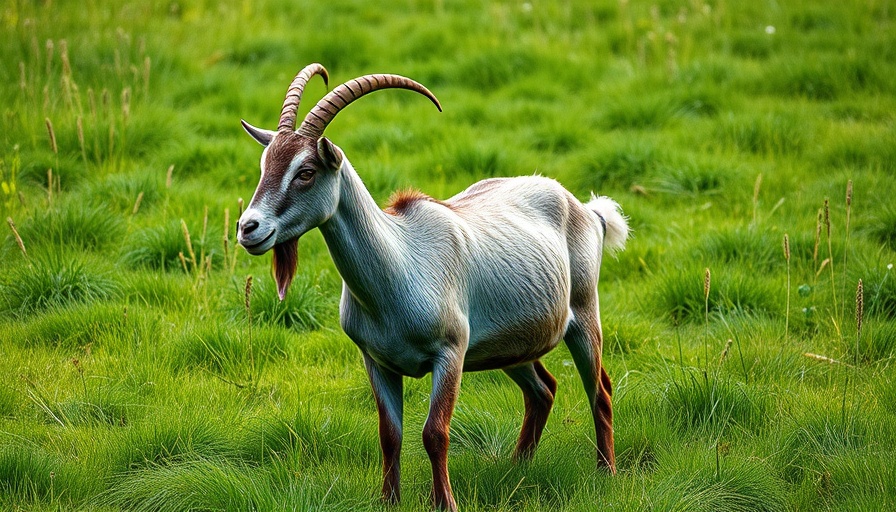
The Dark Side of North Korea's Wildlife Trade
North Korea is primarily known for its political isolation and violations of human rights, but it’s increasingly revealing a darker secret—its involvement in the illegal wildlife trade. This shocking development was highlighted in a recent study conducted by researchers from the UK and Norway who discovered that the North Korean state profits from the exploitation of its wildlife.
Wildlife in Crisis: A Growing Problem
According to the investigation, nearly every mammal species in North Korea larger than a hedgehog is at risk due to opportunistic capture for either consumption or trade. Interviews with North Korean defectors, including former hunters and trade middlemen, reveal a bleak reality: not only are endangered species being sold, but the very state that is supposed to protect these animals seems to facilitate their decline.
The aftermath of North Korea’s economic collapse during the 1990s, which led to significant famine and hardship, forced citizens to look for alternative means of survival. This included engaging in the wildlife trade, not only for food but also for other uses such as traditional Korean medicine and clothing. Consequently, a robust illegal market emerged, with traders seeking to capitalize on the demand for wildlife products in China.
The Role of the State in Wildlife Exploitation
What’s especially alarming is evidence suggesting state-owned operations are directly involved in breeding and trading certain species. Interviews indicated the presence of state-run wildlife farms that produce otters, pheasants, deer, and even bears, alongside preparing their body parts for sale. This reflects a troubling trend where the government's involvement further complicates conservation efforts.
Opportunities and Dangers: The Future Is Uncertain
The situation presents a dual threat. While the informal economy provides some measure of survival for North Koreans, the rampant wildlife exploitation poses severe environmental risks and undermines international conservation efforts. Activists and researchers emphasize the need for global advocacy and better regulation, especially when North Korea remains outside treaties like CITES, which seeks to regulate international trade in endangered species.
Moving Forward: What You Can Do
As wildlife enthusiasts and advocates, understanding the complex dynamics at play in North Korea is crucial. While it's easy to feel distant from such issues, fostering awareness and educating others can make a difference. Whether through supporting international conservation organizations or engaging in dialogues about wildlife protection, every action counts.
In conclusion, North Korea’s hidden wildlife trade represents a dire challenge not only for the animals involved but for global conservation as a whole. Awareness is the first step towards igniting change, so let’s start discussions, broaden our understanding, and seek opportunities to make impactful contributions.
 Add Row
Add Row  Add
Add 




Write A Comment